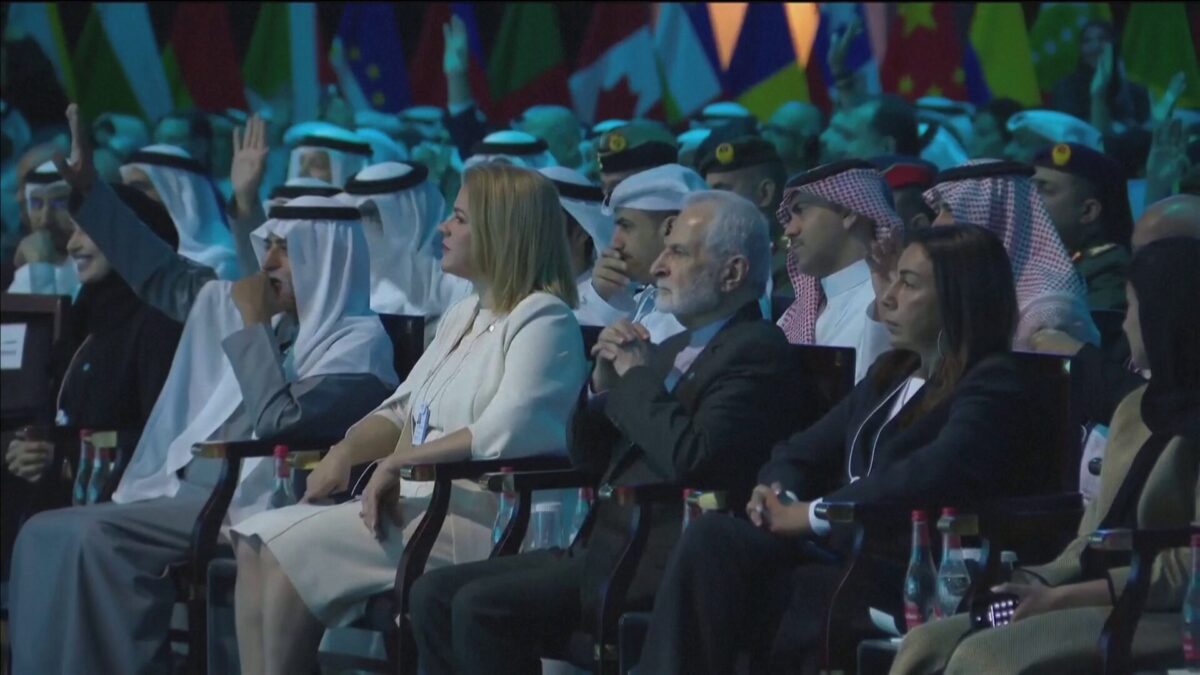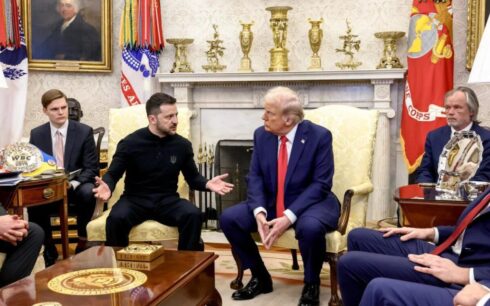DUBAI — Senior Arab officials have warned that President Donald Trump’s handling of the Gaza crisis could escalate tensions across the Middle East, saying his policies risk deepening regional conflict rather than achieving a lasting peace.
Speaking at the World Governments Summit, Ahmed Aboul Gheit, Secretary-General of the Arab League, cautioned that Trump’s pressure tactics on Gaza, Egypt, Jordan, Saudi Arabia, and other regional powers could fuel a new cycle of violence between Arabs and Israel instead of paving the way for a two-state solution.
“If President Trump continues with this method of pressuring the Gazans and key Arab nations, instead of resolving the Palestinian issue with a just two-state solution, he will lead the Middle East into a new cycle of intense conflict,” Aboul Gheit said.
Jasem Al-Budaiwi, Secretary-General of the Gulf Cooperation Council (GCC), echoed these concerns, emphasizing that Arab nations reject Trump’s proposed deal.
“This is a give-and-take situation,” Al-Budaiwi said. “Trump presents his opinion, and the Arab world presents theirs. But the responses from Arab nations have been clear—this deal is not acceptable, and you cannot impose your reality on the region.”
Aboul Gheit also stressed the urgency of maintaining the current ceasefire and facilitating the exchange of hostages and prisoners, warning that renewed military escalation could derail ongoing diplomatic efforts.
“From now until next Saturday, ensuring the continuation of the ceasefire and the implementation of the hostage-prisoner exchange is crucial,” he said. “If the situation explodes militarily again, all these efforts will collapse.”
While criticizing elements of Trump’s approach, Al-Budaiwi acknowledged the U.S. remains a key player in regional stability.
“I believe the American side still recognizes the importance of security and stability in the region,” he said. “The U.S. remains a mediator, perhaps with a different approach, but it is not a direct party to the conflict.”





